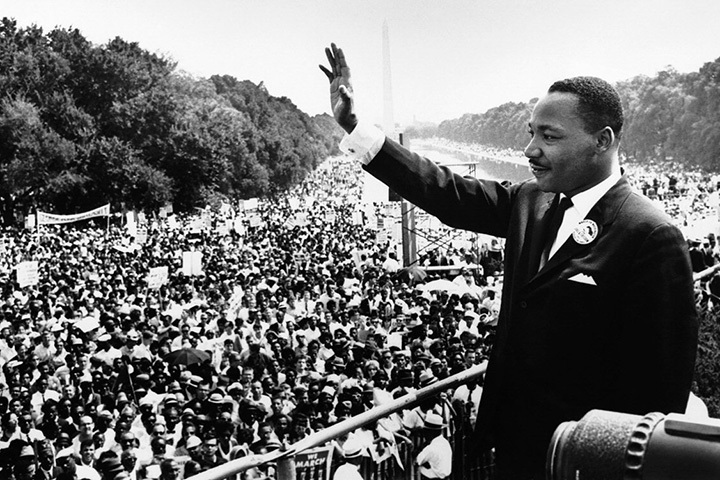Former Minnesota Supreme Court Justice (and NFL Hall of Famer) Alan Page's keynote address Tomorrow's Leaders—Why Character Matters invited students to reflect on the importance of character.


Former Minnesota Supreme Court Justice (and NFL Hall of Famer) Alan Page’s keynote address Tomorrow’s Leaders—Why Character Matters invited students to reflect on the importance of character. Students who participated in the BestPrep essay competition, which was inspired by Page’s address, are already offering evidence that they believe character matters.
Page’s remarks came as a part of BestPrep’s Educational Forum in Minnesota, which was covered by Star News. BestPrep is a Minnesota nonprofit that “prepare[s] students with business, career and financial literacy skills through hands-on experiences that inspire success in work and life.” The organization recruited Page to deliver the keynote address on character, and combined his remarks with an essay contest open to local students.
The competition’s winners were recognized at the BestPrep forum, an event with hundreds of business professionals in attendance. Some also had the opportunity to attend a private session with Page, a remarkable figure in Minnesota sports and government.
As part of the competition, students were invited to reflect on “the role of character development in their education by considering the Martin Luther King Jr. quote: ‘Intelligence plus character—that is the goal of true education.'” They could consider why character has a place alongside academics in education and how their own experiences have shaped their character.
The power of the prompt was clear, with one students responding, “‘Prior to attending this wonderful event, I had never realized the depth to which we can dedicate ourselves to ensuring every student has an equal and fair chance at an education. I’m grateful for BestPrep’s essay competition bringing awareness to this cause.’”
This student’s answer is a reminder of why this event provided an important moment for students. Our current educational system places great emphasis on personal achievement and success, but opportunities to explore the Big Questions of life are scarce. It is encouraging to see this particular essayist realize the fundamental role that character plays in all of our lives, and clearly they began to appreciate the daily opportunities we have to demonstrate good character.
While questions regarding character, citizenship, and ethics can seem intimidating to a classroom teacher, especially given all the constraints on content and topics that they must cover, this event and competition are an excellent example of using history and literature to engage students in these very questions. Students will quickly pick up on the fact that these topics are intrinsically interesting and important. It is much easier for a teacher to generate intrinsic motivation in a student if they are grappling with something that impacts their life daily.
In his keynote address, Page quoted Dr. Martin Luther King Jr.: “There is nothing more dangerous than to build a society with a large segment of people in that society who feel they have no stake in it.” These students, through the essay contest, are actively learning that they do have a stake in society, and that intelligence without character is not the goal of true education.
Institute for Advanced Studies in Culture founder James Davison Hunter captures well the dynamics of character formation when individuals, like these essay-writing students, take responsibility for articulating and refining their convictions: “Human beings are anything but automatons. We reflect, ponder, act in the world around us in ways that have consequences. Thus while culture is powerful in its shaping influence, it is not all powerful. Rather, we engage the culture of which we are a part and make it our own.”
While BestPrep’s essay competition was focused on Minnesota students, teachers everywhere can encourage their students to read the winning essay, or to watch Justice Alan Page’s keynote address. They can challenge students to articulate why character matters. That conversation is bound to be both lively and important.